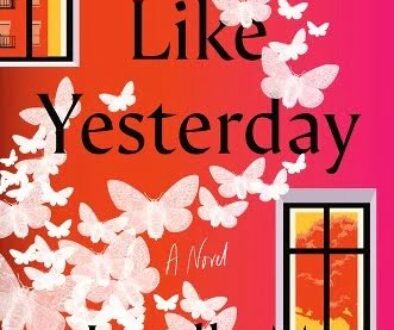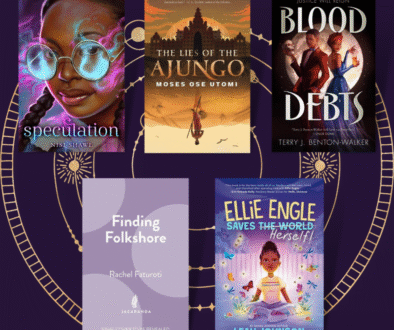The Plot Thickens: What Souls Are Made Of: A Wuthering Heights Remix
The thing about a Tasha Suri book is that once you know her pacing style, you know exactly what to expect for the flow of each of her stories. As a reader who appreciates fast-paced books best, this consistency across projects allows me to go into each of her works expecting a slower paced story towards the beginning that speeds up as we near the end. This bodes true for Suri’s most recent release What Souls Are Made Of: A Wuthering Heights Remix, which is an exercise in making the familiar fresh across many aspects.
As you would expect from Feiwel and Friends classic YA remix series, What Souls Are Made Of starts off very reminiscent of Wuthering Heights, the classic it is based upon. Readers are reminded of the staid rules of polite 1786 society that holds the genocidal colonists who have made their wealth through the brutalization of other humans while denigrating those they’ve colonized by imposing racial systems. In the case of Heathcliff, much like the original character, he is othered not only because he is adopted into the well-to-do Earnshaw family without being a direct relation, but also because he is conspicuously of South Asian descent. As teenagers he and the daughter of the house, Catherine, have shared secrets and understandings about surviving in a community that quietly considers Catherine to be ethnically ambiguous while she is socialized to disregard evidence of her being anything but white herself. This denial of identity in order to assimilate into a world that brutalizes melanin in any form is a strong component of this remix—from its examination of the pressures put on teenagers to conform, to the levels of consideration given to the romance between Catherine and Heathcliff. Thankfully, the story provides details about this dynamic from both of their perspectives, which is particularly necessary when Heathcliff strikes out on his own in a new city.
I am a major fan of mutual pining and angst in romance and have tried to read Wuthering Heights several times because I know it is the classic best posed to deliver on these tropes. Yet, there has always been something about the writing that has kept me from engaging with this text which I find rectified in What Souls Are Made Of: A Wuthering Heights Remix. Far too many so-called classics uphold the tenets of white supremacy—presenting the English/European way as superior and civilized—by failing to examine the morality governing the accrual of wealth by the titled class. In this novel, Suri infuses critical questions about the meaning of heritage and assimilation through social pressure, which is much needed in a genre imposed on teenagers in school curricula. This title shines as an example of how a critical lens on historical events can inform our understanding of the world.



